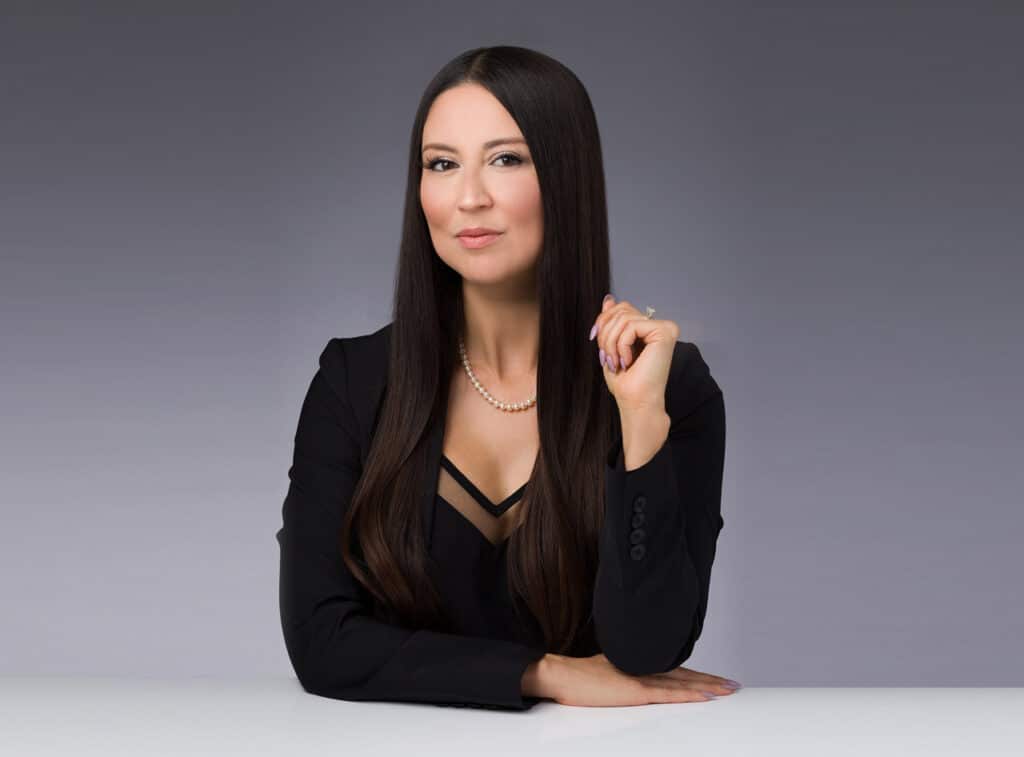We specialize in estate planning, divorce law, and personal injury. We are situated in Las Vegas, Nevada, completely licensed, and have been servicing clients in the states of Nevada and Arizona since 2018.
Lawyer Jennifer Gastelum, together with her bilingual team, handles all issues in the fields of divorce law, child custody, and personal injury, resolving them persistently and aggressively.
Attorneys You Can Trust
Led by the highly qualified Attorney Jennifer Gastelum, our team of divorce attorneys in Las Vegas has extensive experience as a Nevada family law attorney. Her leadership and the fact that our team is bilingual (English & Spanish) ensure that clients have clear communication and successful representation throughout the divorce process.
Facing a Divorce in Nevada?
Going through a Las Vegas divorce is tiresome and stressful and leaves a person feeling unsure about life in general. We know this, and therefore, our services are geared toward helping you through this difficult period and instilling the confidence you need to bounce back effectively.
Family Law Expertise
We realize that this is a critical time for you, and we must make sure that your rights are not violated during the resolution process. At Gastelum Attorneys, we are committed to actively advocating for your interests while also being supportive as we empathize with you in the difficult Las Vegas custody laws you face.
Moving Forward with Confidence
Our priority is to give you a fair and winning result that allows you to move on in life with trust and courage. We pride ourselves on being the best divorce attorney in Las Vegas, preserving your financial stability throughout the process and into what will be the start of your new life.
Schedule a FREE Consultation Today!
Reach out to Gastelum Attorneys right now to book a family law free consultation with empathetic and qualified family law lawyers in Las Vegas. We are here to answer your concerns and be by your side as we guide you through the Nevada divorce filing process.
You can use our Alimony Calculator and Child Support Calculator for free!




